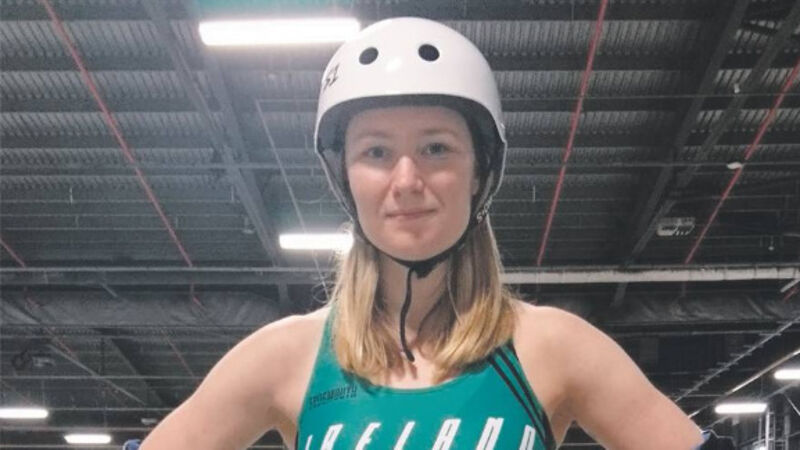‘It's easy to say, 'These girls are trying to kill each other', but it's more strategic than that’

Roller derby is a contact sport played on roller skates on an oval track. There’s five players from each team on track at any given moment and one person is designated as the point-scorer — they’re called the jammer. Their job is to lap opponents and they’ll get a point for every opponent they lap.














